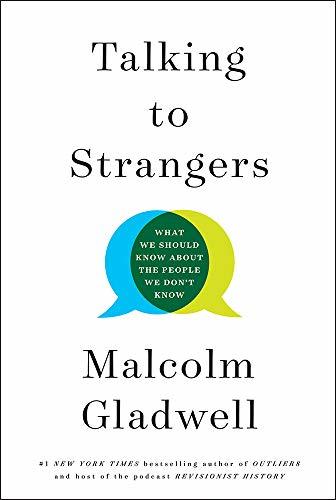
Blink: The Power of Thinking Without Thinking
Book Description
Imagine making split-second decisions that could change your life forever. In "Blink," Malcolm Gladwell uncovers the hidden power of our unconscious mind, revealing how the quickest judgments often hold incredible insight. Through captivating stories and compelling research, he shows that our instincts can lead to profound truths, but also to devastating mistakes. What happens when intuition meets the unexpected, and how can we harness this potent force in our daily lives? Dive into a world where every moment counts, and discover the magic and peril of thinking without thinking. Are you ready to trust your gut?
Quick Book Summary
"Blink: The Power of Thinking Without Thinking" by Malcolm Gladwell explores the remarkable abilities of our unconscious minds to process information and make decisions in a split second. Gladwell argues that while deliberate, rational thought is valuable, intuition and snap judgments—what he refers to as "thin-slicing"—often outperform painstaking analysis, especially in complex real-world situations. Through a mix of engaging real-life stories, psychological studies, and research on cognition, Gladwell demonstrates when we should trust our gut instincts and when they can lead us astray. "Blink" ultimately suggests that the key to better decision-making lies in understanding when to rely on rapid cognition and how to avoid the pitfalls of unconscious bias.
Summary of Key Ideas
Table of Contents
Thin-Slicing: Making Decisions in an Instant
Gladwell begins "Blink" by introducing the concept of thin-slicing, the ability of our brains to make quick judgments based on limited information. Drawing examples from art authentication and emergency room diagnoses, he shows that individuals can make accurate assessments in seconds when they focus on the most relevant details. These moments reveal the power of automatic, unconscious thought in processing information with astonishing speed and accuracy.
The Strengths and Weaknesses of Intuition
Despite its advantages, snap decision-making is not foolproof. Gladwell walks readers through instances where intuition leads to errors, such as the police shooting of Amadou Diallo. These errors frequently stem from unconscious biases that can distort perception, highlighting the danger of relying solely on gut reactions. In such cases, quick thinking bypasses rational thought and can be influenced by prejudices ingrained in society or personal experience.
Unconscious Bias and Its Consequences
Gladwell explores how intuition can be honed to minimize mistakes and maximize accuracy. He examines the role of expertise, showing that professionals with extensive experience often become skilled at thin-slicing, allowing them to trust their instincts in their fields. However, he cautions against overconfidence and the difficulty of distinguishing between valid intuitions and misleading impressions, emphasizing the need for reflection and self-awareness.
Improving Rapid Cognition
To leverage the power of rapid cognition, Gladwell suggests strategies for reducing bias and improving instinctive judgments. He discusses practices such as blind auditions in classical music, which help isolate true talent by removing superficial cues. Gladwell encourages readers to structure their environments and decision-making processes to reduce the influence of irrelevant information and implicit associations.
The Role of Experience in Snap Judgments
"Blink" concludes by affirming that split-second decision-making can be a powerful tool with proper understanding and training. Gladwell urges readers to examine their own instincts critically, learn from mistakes, and foster environments that encourage objective judgment. By doing so, individuals and organizations can harness the benefits of rapid cognition while safeguarding against its dangers, making better choices in all areas of life.
Download This Summary
Get a free PDF of this summary instantly — no email required.





